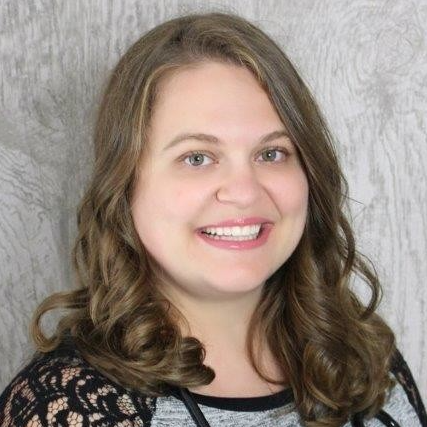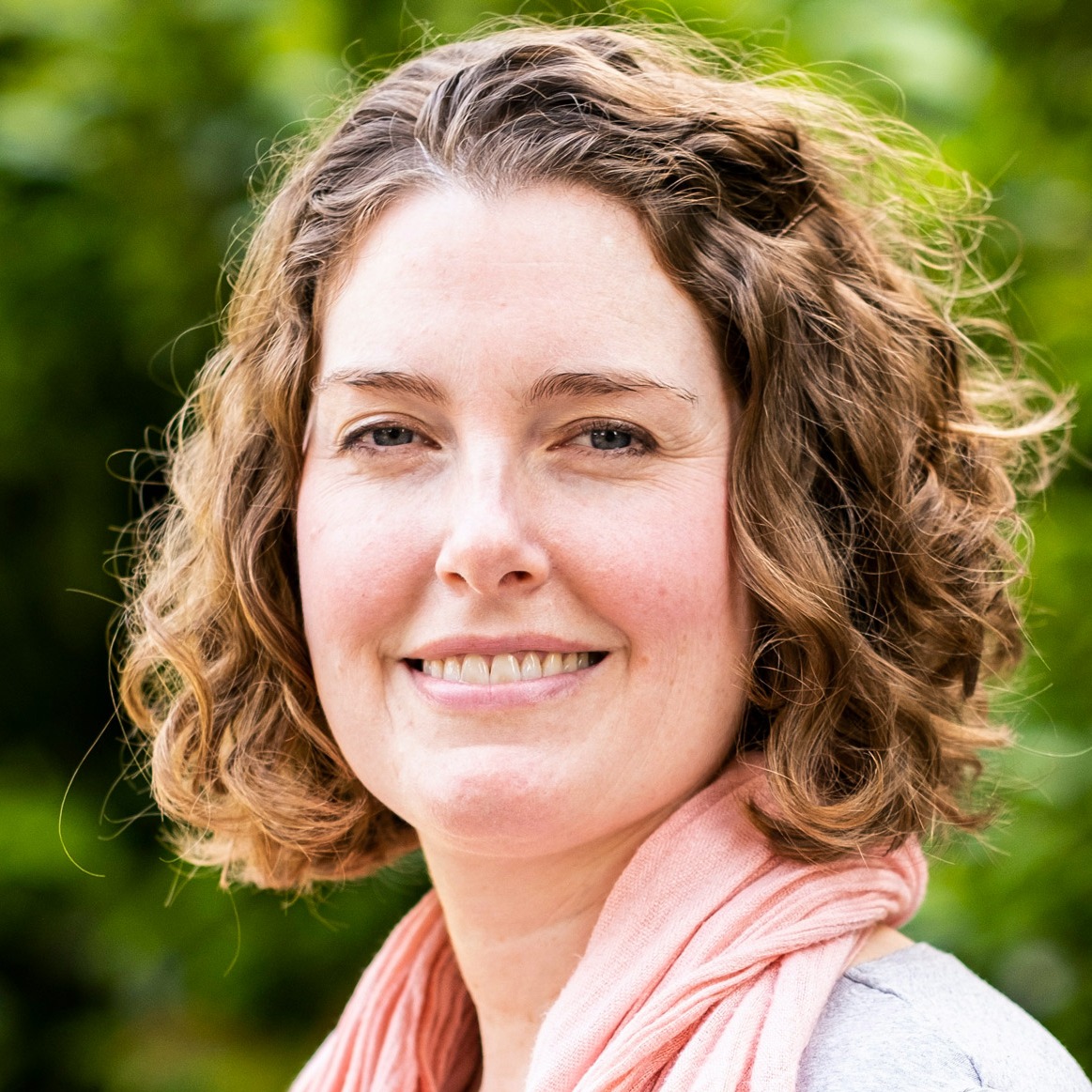Key takeaways:
A growing percentage of nurses are working in unconventional careers, and these opportunities are increasing.
Nontraditional nursing careers provide flexibility from the rigid schedules that often include weekends and holidays.
There are both patient care and nonclinical options, and most can be done without any additional certifications or education.
Nontraditional nursing jobs provide the opportunity for people to thrive in roles beyond patient care. Options range from direct patient care to nonclinical roles. Whether you report to work for a regular schedule or work from home, nurses of all job types help to further the healthcare profession. Luckily, many require little to no further education or certifications.
As a nurse with more than 13 years of experience, I have worked in a range of settings. In this article, I’ll overview nontraditional nursing jobs that include direct patient care, along with others that don’t have patient contact. In the spirit of showcasing the wealth of opportunities available to nurses, I’ll end with a brief snapshot of my own career journey.
Nontraditional nursing jobs that still have contact with patients
Clinical educator
Clinical educators work in a variety of settings, including nursing schools, health systems, and nursing units. The groups involved can also vary and be made up of patients, nursing staff, or nursing students.
Destination nursing
Those who love exploring can find nursing roles available at theme parks, on cruise ships, or in resorts. Cruise ship and resort nurses provide medical treatment to guests and staff members and refer them to a higher level of care when necessary.
Health coaching
This role, which has ballooned into a $6 billion market, helps people adopt a healthy lifestyle and reach their personal health goals. Health coaches help create a wellness lifestyle, and they can work for insurance companies or as private consultants. Certifications are available through the American Holistic Nurses Credentialing Corporation or International Nurse Coach Association.
Nurse case manager
These nurses create long-term care plans for patients. They also collaborate with other professionals to implement the plan. Case managers act as a bridge between the many prongs of the health system and the patient.
Nurse consulting
Nurses can consult on many sectors, including healthcare administration, finance, operations, and quality improvement. They may also consult on entertainment. For example, I’ve consulted for human resource departments and even medical dramas.
Telehealth triage nurse
As telemedicine has exploded in the last 2 years, the need for nurses has also grown. These telehealth nurses assist patients over the phone or by video chat. Nurses triage whether people need to seek emergency care, schedule a medical appointment, or if they can address an issue themselves.
Unconventional nursing jobs with no patient contact
Legal consulting
These nurses act as healthcare experts on cases involving medical care or nursing issues. Legal consulting nurses interview patients, review medical records, identify relevant medical literature and standards of practice, translate healthcare language to legal staff, provide testimony in court, and offer trial exhibits.
Medical content creator
Health and wellness websites (like GoodRx) have opportunities for nurses who can act as writers, editors, or video creators to provide clinical expertise.
Nursing informatics
Nurses can provide expertise in health information technology and find roles in development for electronic medical records (EMRs), computerized provider order entry (CPOE) systems, and telehealth platforms.
Pharmaceutical sales
Nurses work as pharmaceutical representatives to sell and market products to healthcare providers. They also may demonstrate medical equipment and devices.
Utilization review nursing
These nurses monitor the use of health services to ensure maximum efficiency and optimal use of resources. They perform the duty of conducting routine audits for hospitals or insurance companies.
My story
When I was little, I went to my local newspaper for its career day because I knew I would be a writer someday. However, I soon realized that nursing was a career where I could have a tangible impact on lives every day.
As a nurse, my clinical career has spanned obstetrics to the pulmonary intensive care unit. After about a decade in bedside nursing and working intense hours as a certified nurse-midwife, I knew I wanted something different.
It broke my heart to hear my children say how much they missed me, and I struggled against a medical machine I felt I could not improve. I shifted my focus to empowering patients and nurses with knowledge through medical writing, editing, and teaching. It’s incredible that my life has come full circle from my childhood dream.
Now I get to combine nursing with my passion for writing. While I sometimes miss the rewarding feeling of a grateful patient family, there’s no thrill like submitting a successful freelance assignment. With the addition of my doctorate of nursing practice (DNP), I feel ready to take on anything.
A nontraditional schedule
Being a bedside nurse is rewarding, but the relentless pace of 12-hour shifts is exhausting. As the years wore on, my body and mind needed a break from the grind. Fortunately, becoming a freelance nurse gave me the gift of taking time for my family and myself.
A typical day allows me to maximize the time I spend writing so that I am free to take breaks and connect with my children. The remote nature of my work allows me to produce from beautiful locations. I can listen to a podcast for research while walking in nature, or I can perch myself to write on a balcony overlooking the ocean.
The bottom line

Why trust our experts?


All nurses seek to empower and educate their patients. Clinicians work hard every day to improve the public’s health, regardless of their career. Yet after leaving the hospital or bedside, they often struggle with their next steps. With a valuable blend of experience and education, medical training provides many nontraditional opportunities.














